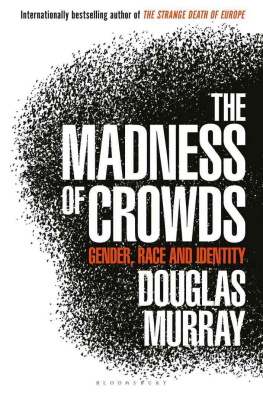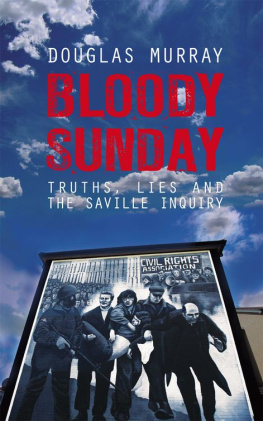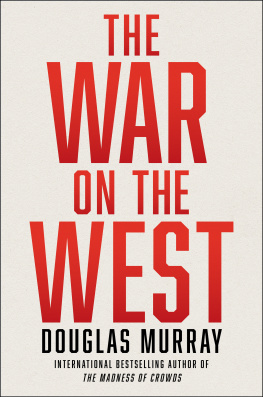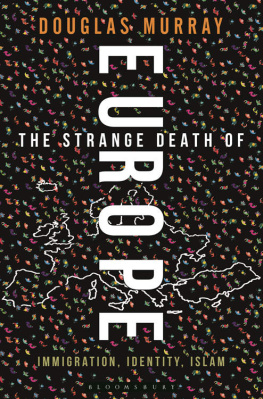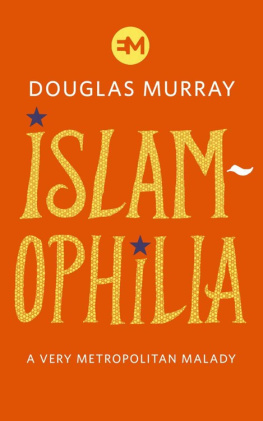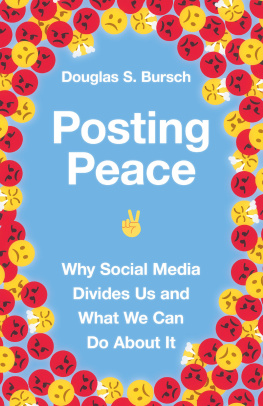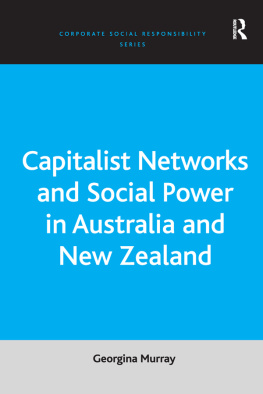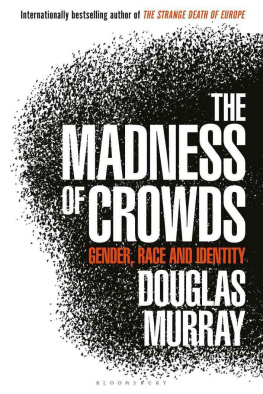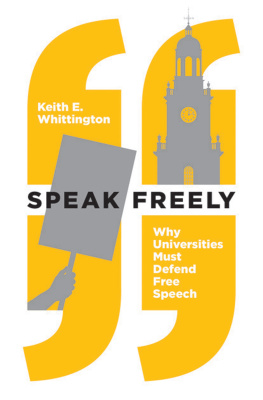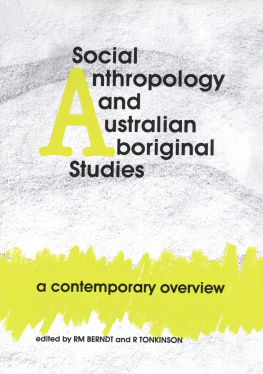

Contents
The special mark of the modern world is not that it is sceptical, but that it is dogmatic without knowing it.
G. K. Chesterton
Oh my gosh, look at her butt
Oh my gosh, look at her butt
Oh my gosh, look at her butt
(Look at her butt)
Look at, look at, look at
Look, at her butt
N. Minaj
We are going through a great crowd derangement. In public and in private, both online and off, people are behaving in ways that are increasingly irrational, feverish, herd-like and simply unpleasant. The daily news cycle is filled with the consequences. Yet while we see the symptoms everywhere, we do not see the causes.
Various explanations have been given. These tend to suggest that any and all madnesses are the consequence of a Presidential election, or a referendum. But none of these explanations gets to the root of what is happening. For far beneath these day-to-day events are much greater movements and much bigger events. It is time we began to confront the true causes of what is going wrong.
Even the origin of this condition is rarely acknowledged. This is the simple fact that we have been living through a period of more than a quarter of a century in which all our grand narratives have collapsed. One by one the narratives we had were refuted, became unpopular to defend or impossible to sustain. The explanations for our existence that used to be provided by religion went first, falling away from the nineteenth century onwards. Then over the last century the secular hopes held out by all political ideologies began to follow in religions wake. In the latter part of the twentieth century we entered the postmodern era. An era which defined itself, and was defined, by its suspicion towards all grand narratives. However, as all schoolchildren learn, nature abhors a vacuum, and into the postmodern vacuum new ideas began to creep, with the intention of providing explanations and meanings of their own.
It was inevitable that some pitch would be made for the deserted ground. People in wealthy Western democracies today could not simply remain the first people in recorded history to have absolutely no explanation for what we are doing here, and no story to give life purpose. Whatever else they lacked, the grand narratives of the past at least gave life meaning. The question of what exactly we are meant to do now other than get rich where we can and have whatever fun is on offer was going to have to be answered by something.
The answer that has presented itself in recent years is to engage in new battles, ever fiercer campaigns and ever more niche demands. To find meaning by waging a constant war against anybody who seems to be on the wrong side of a question which may itself have just been reframed and the answer to which has only just been altered. The unbelievable speed of this process has been principally caused by the fact that a handful of businesses in Silicon Valley (notably Google, Twitter and Facebook) now have the power not just to direct what most people in the world know, think and say, but have a business model which has accurately been described as relying on finding customers ready to pay to modify someone elses behaviour. Yet although we are being aggravated by a tech world which is running faster than our legs are able to carry us to keep up with it, these wars are not being fought aimlessly. They are consistently being fought in a particular direction. And that direction has a purpose that is vast. The purpose unknowing in some people, deliberate in others is to embed a new metaphysics into our societies: a new religion, if you will.
Although the foundations had been laid for several decades, it is only since the financial crash of 2008 that there has been a march into the mainstream of ideas that were previously known solely on the obscurest fringes of academia. The attractions of this new set of beliefs are obvious enough. It is not clear why a generation which cant accumulate capital should have any great love of capitalism. And it isnt hard to work out why a generation who believe they may never own a home could be attracted to an ideological world view which promises to sort out every inequity not just in their own lives but every inequity on earth. The interpretation of the world through the lens of social justice, identity group politics and intersectionalism is probably the most audacious and comprehensive effort since the end of the Cold War at creating a new ideology.
To date social justice has run the furthest because it sounds and in some versions is attractive. Even the term itself is set up to be anti-oppositional. Youre opposed to social justice? What do you want, social in justice?
Identity politics, meanwhile, has become the place where social justice finds its caucuses. It atomizes society into different interest groups according to sex (or gender), race, sexual preference and more. It presumes that such characteristics are the main, or only, relevant attributes of their holders and that they bring with them some added bonus. For example (as the American writer Coleman Hughes has put it), the assumption that there is a heightened moral knowledge that comes with being black or female or gay. Identity politics is where minority groups are encouraged to simultaneously atomize, organize and pronounce.
The least attractive-sounding of this trinity is the concept of intersectionality. This is the invitation to spend the rest of our lives attempting to work out each and every identity and vulnerability claim in ourselves and others and then organize along whichever system of justice emerges from the perpetually moving hierarchy which we uncover. It is a system that is not just unworkable but dementing, making demands that are impossible towards ends that are unachievable. But today intersectionality has broken out from the social science departments of the liberal arts colleges from which it originated. It is now taken seriously by a generation of young people and as we shall see has become embedded via employment law (specifically through a commitment to diversity) in all the major corporations and governments.
New heuristics have been required to force people to ingest the new presumptions. The speed at which they have been mainstreamed is staggering. As the mathematician and writer Eric Weinstein has pointed out (and as a Google Books search shows), phrases like LGBTQ, white privilege and transphobia went from not being used at all to It is as though, having worked out what it wanted, the new metaphysics took a further half-decade to work out how to intimidate its followers into the mainstream. But it has done so, with huge success.
The results can be seen in every days news. It is behind the news that the American Psychological Association feels the need to advise its members on how to train harmful traditional masculinity out of boys and men.
Having begun to view everything through the new lenses we have been provided with, everything is then weaponized, with consequences which are deranged as well as dementing. It is why The New York Times decides to run a piece by a black author with the title: Can my Children be Friends with White People? Such rhetoric exacerbates any existing divisions and each time creates a number of new ones. And for what purpose? Rather than showing how we can all get along better, the lessons of the last decade appear to be exacerbating a sense that in fact we arent very good at living with each other.
For most people some awareness of this new system of values has become clear not so much by trial as by very public error. Because one thing that everybody has begun to at least sense in recent years is that a set of tripwires have been laid across the culture. Whether placed by individuals, collectives or some divine satirist, there they have been waiting for one person after another to walk into them. Sometimes a persons foot has unwittingly nicked the tripwire and they have been immediately blown up. On other occasions people have watched some brave madman walking straight into the no mans land, fully aware of what they were doing. After each resulting detonation there is some disputation (including the occasional coo of admiration) and then the world moves on, accepting that another victim has been notched up to the odd, apparently improvisatory value system of our time.
Next page
